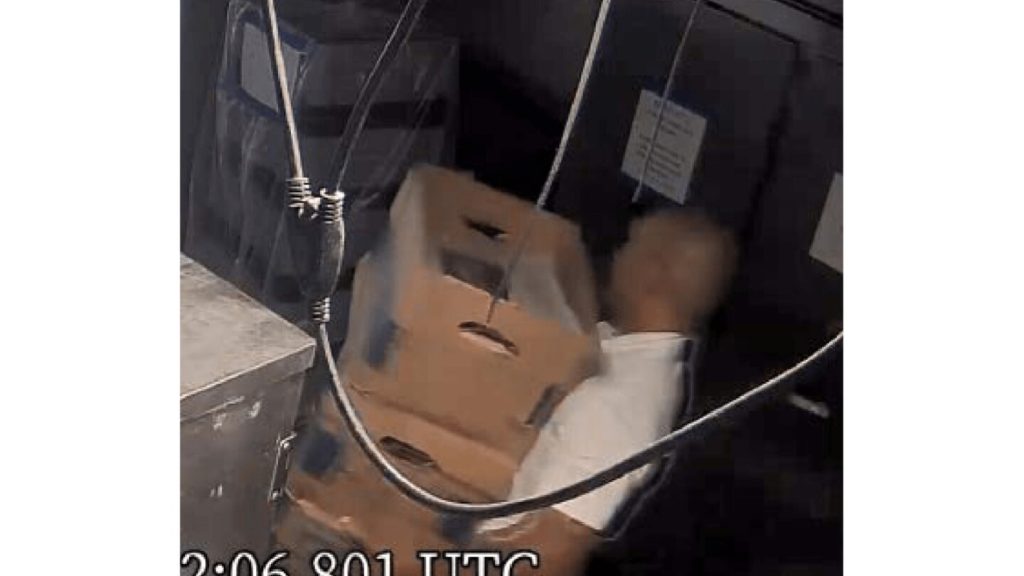The case involving Donald Trump’s personal valet, Walt Nauta, and Trump himself, has taken a new turn as tensions between the defense and prosecutors escalate. Nauta’s lawyer, Stanley Woodward, accused prosecutors of targeting his client after he refused to cooperate against Trump, leading to his indictment alongside Trump on charges of conspiracy to conceal classified documents. Woodward claimed a prosecutor warned him about damaging his chances for a judgeship in Washington, D.C., if he didn’t pressure Nauta to assist in the investigation.
Prosecutor David Harbach, part of special counsel Jack Smith’s team, dismissed Woodward’s accusations as “garbage” and denied any animus against Nauta. The trial, originally scheduled for May 20, was postponed indefinitely by Judge Aileen Cannon. Woodward acknowledged that the evidence was insufficient to dismiss the indictment based on vindictive prosecution, but called for all communications surrounding Nauta to be disclosed to determine if hostility played a role in the case.
Woodward argued that Nauta was being prosecuted because he refused to testify against Trump and invoked his Fifth Amendment right during grand jury questioning. Harbach countered by stating that offering better treatment for cooperation was standard practice and there was no evidence of bias against Nauta. Trump, who pleaded not guilty and denied any wrongdoing, was not present at the hearing. Meanwhile, defense lawyers sought to exclude evidence obtained from boxes of records seized by the FBI at Mar-a-Lago, claiming the search was unconstitutional and tainted by misrepresentations.
Smith’s team defended their investigative approach as lawful, stating that the search warrant was based on probable cause and did not omit any crucial information. They argued that the search was supported by surveillance video showing an effort to conceal classified documents at Mar-a-Lago. A recently unsealed motion revealed the defense’s attempt to challenge the legality of the search and the evidence obtained. The motion also cited a previous opinion from a federal judge instructing Trump’s former lawyer to comply with a grand jury subpoena and turn over materials to investigators.
The case continues to be mired in legal disputes and delays, with both sides presenting conflicting accounts of the events leading up to the indictment. The defense maintains that Nauta was unfairly targeted for prosecution due to his refusal to cooperate against Trump, while prosecutors deny any wrongdoing and defend their investigative tactics. As the trial date remains uncertain, the allegations and counterarguments highlight the complexity of the case and the challenges faced by both the defense and the prosecution in seeking justice.














